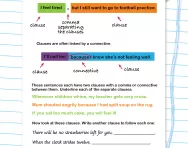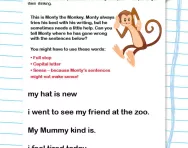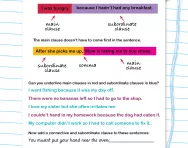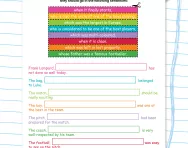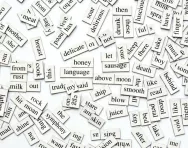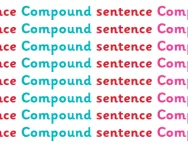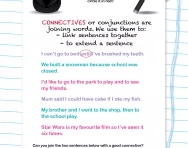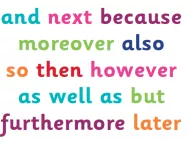Important update from TheSchoolRun
For the past 13 years, TheSchoolRun has been run by a small team of mums working from home, dedicated to providing quality educational resources to primary school parents. Unfortunately, rising supplier costs and falling revenue have made it impossible for us to continue operating, and we’ve had to make the difficult decision to close. The good news: We’ve arranged for another educational provider to take over many of our resources. These will be hosted on a new portal, where the content will be updated and expanded to support your child’s learning.
What this means for subscribers:
- Your subscription is still active, and for now, you can keep using the website as normal — just log in with your usual details to access all our articles and resources*.
- In a few months, all resources will move to the new portal. You’ll continue to have access there until your subscription ends. We’ll send you full details nearer the time.
- As a thank you for your support, we’ll also be sending you 16 primary school eBooks (worth £108.84) to download and keep.
A few changes to be aware of:
- The Learning Journey weekly email has ended, but your child’s plan will still be updated on your dashboard each Monday. Just log in to see the recommended worksheets.
- The 11+ weekly emails have now ended. We sent you all the remaining emails in the series at the end of March — please check your inbox (and spam folder) if you haven’t seen them. You can also follow the full programme here: 11+ Learning Journey.
If you have any questions, please contact us at [email protected]. Thank you for being part of our journey it’s been a privilege to support your family’s learning.
*If you need to reset your password, it will still work as usual. Please check your spam folder if the reset email doesn’t appear in your inbox.
What is a clause?
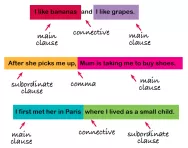
What is a clause?
Clauses are the building blocks of English sentences, groups of words that contain a subject and a verb.
To understand clauses, it is a good idea to review the different components that make up a sentence.
Words are the smallest units of meaning, for example:
Phrases are small groups of words intended to convey meaning, such as:
A clause is a group of words that contain a subject (the noun or pronoun about which something is being said, usually the doer of the action) and a verb (a doing word).
An example of a clause is:
The subject of this clause is the fast, red squirrel and the verb is 'darted'. This can also be called a simple sentence.
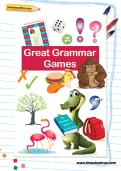
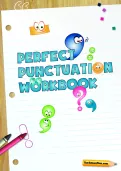
Give your child the gift of great grammar
- Perfect Punctuation Workbook
- Grammar Games Pack
- PLUS 100s of other grammar resources
What is a main (or major) clause?
A main clause is a clause that contains a subject and an object. Main clauses make sense on their own.
'I like bananas.' is a simple sentence which is made up of a main clause.

This is a compound sentence: it is made up of two main clauses: 'I like bananas' and 'I like grapes'. The two main clauses are joined by the connective 'and'.
Sometimes a sentence is made up of two clauses: a main clause and a subordinate (or dependent) clause, which relies on the main clause.
What is a subordinate clause?
A subordinate clause contains a subject and a verb, but it needs to be attached to a main clause because it cannot make sense on its own. For example:
This is a complex sentence (also referred to as a multi-clause sentence). It has a main clause ('I first saw her in Paris') and a subordinate clause (' where I lived as a small child'), which relies on the main clause to make sense. The two clauses are joined by the connective 'where'.
Connectives that join clauses can be conjunctions, prepositions and adverbs.
Examples of subordinate clauses include embedded clauses and relative clauses.
Main clauses don't always have to come before subordinate clauses in sentences. For example:
When do children learn about clauses?
In Year 1, children are expected to write sentences with two clauses joined by the word 'and.'
In Year 2, children start learning about subordination and coordination and need to start using a main clause and subordinate clause (a complex sentence), joined by 'when,' 'if,' 'that' or 'because.'
In Years 3 to 6, children are expected to continue to use a range of simple, compound and complex sentences, however their connectives need to become more sophisticated, for example: 'because,' 'although,' 'therefore,' 'meanwhile' and so on.
By Year 6, they need to be able to understand the following terms:
- connective
- clause
- main clause
- subordinate clause
- simple sentence
- compound sentence
- complex sentence / multi-clause sentence
They may be tested on these in the KS2 SATs Grammar, punctuation and spelling test at the end of Year 6.

